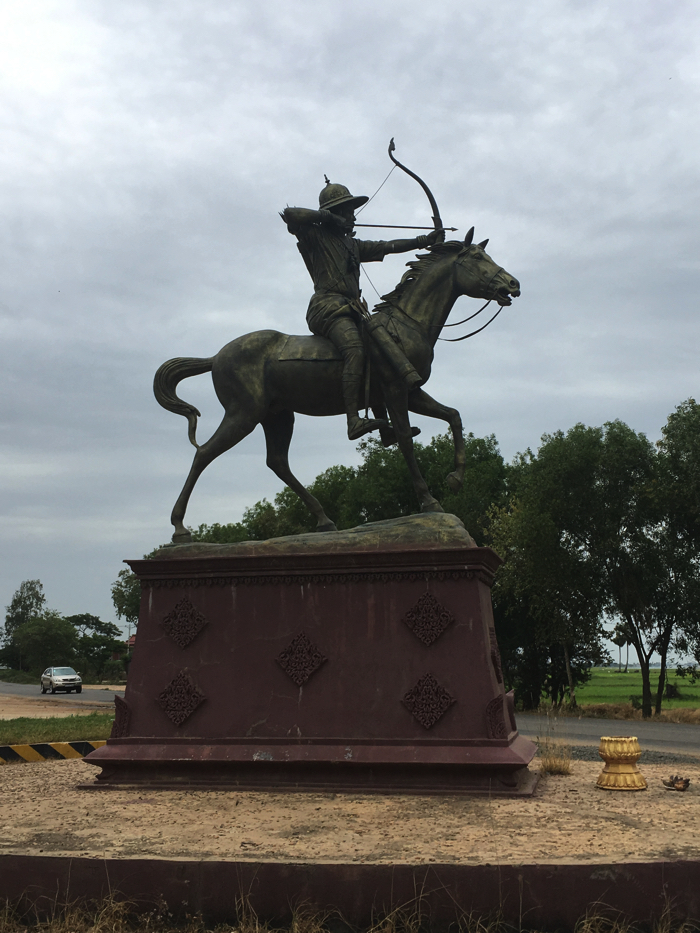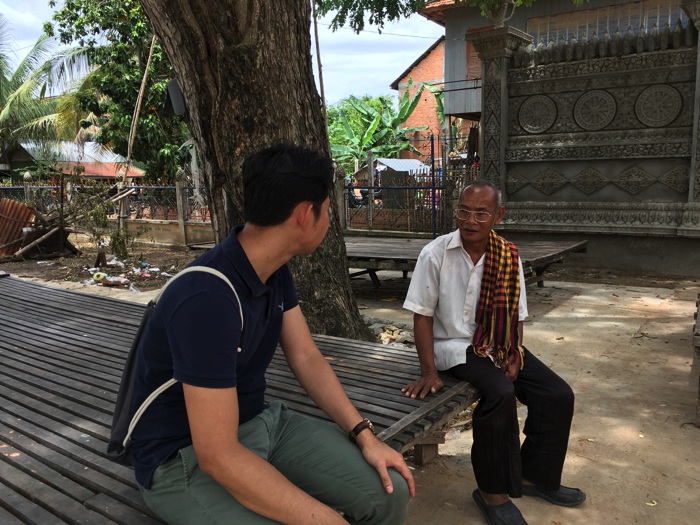- Project Leader : Shintani Haruno (The University of Tokyo, Graduate School of Arts and Sciences)
- Collaborators : Thun Theara (Royal University of Phnom Penh, Faculty of Social Sciences and Humanities)
- : Kitagawa Takako (Toyo Bunko, Research department)
- : Kobayashi Satoru (Kyoto University, Center for Southeast Asian Studies)
Outline of Research
After more than two decades of civil war, Cambodia entered a new period after 1991 in which the constitutional monarchy was restored and liberal multi-party democracy was adopted as the principle of the country’s political regime. The country has experienced changes in its political landscape during the time of national reconciliation, the restoration of the constitutional monarchy, contestations among major political parties, and the consolidation of power by Prime Minister Hun Sen. These new political contexts introduced new circumstances for local intellectuals to produce historical narratives for cultivating connections between contemporary Cambodia and its distant past. By examining school history textbooks and history books published in the Khmer language, this study explores the contents of Cambodia’s historiography produced between 1991 and 2013. The study will argue that the contents of those history books predominantly emphasize certain historical episodes and figures and draw on certain interpretations to suit current needs and political agendas.
Description
This project aims to collect and critically examine historical writings produced by Cambodian intellectuals during the post-civil war years. Taking into account key political factors, it will focus on history textbooks and identify changes in their contents in accordance with changes in national politics. Additionally, the research will examine individual scholars’ historical discourses of the national history and analyze their works based on their educational background and political tendency. By so doing, the project will extend its discussion broadly to Cambodian historiography and intellectual history during the proposed period. Several important topics will be analyzed, including the (re)construction of national identity, the re-creation of national heroes, and the decolonization of national history in a post-conflict country.
Since very few studies have closely examined the construction of Cambodian historical writings with reference to national political developments, this project will enhance understanding of the use of national historical narratives among different political factions competing for power in the country. It will also contribute to deepening our understanding of the conditions of political identity in contemporary Cambodia. Moreover, as the project will collect and examine a wide range of documents written in the local language as well as opinions of local historians, it will establish an important academic reference for those who attempt to understand Cambodian politics and the roles that local historians play in shaping the domestic political landscape in the country.
 The statue of Sdec Kan built along the national road no.8 in Prey Veng province |
 The interview about folklores of Sdec Kan |
